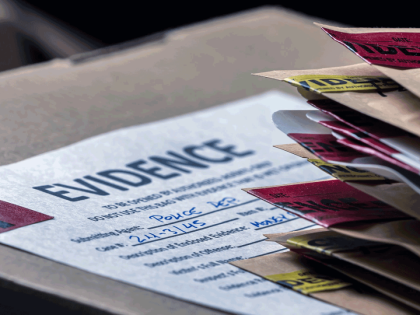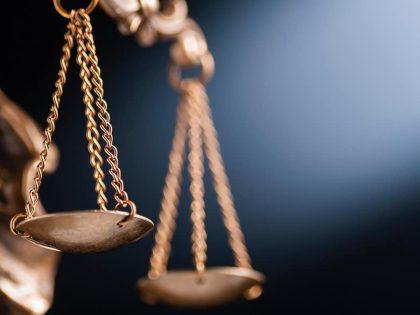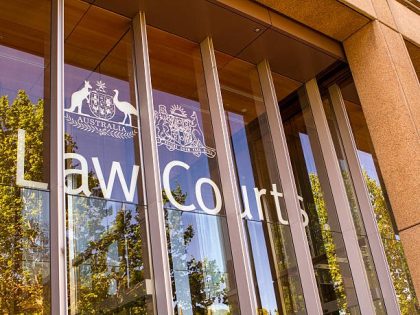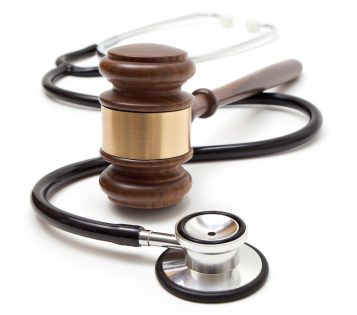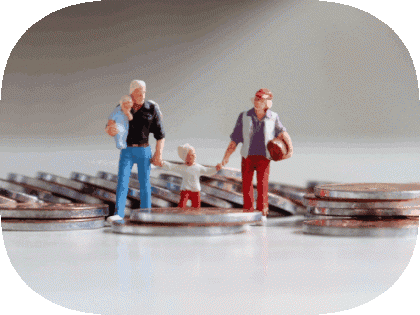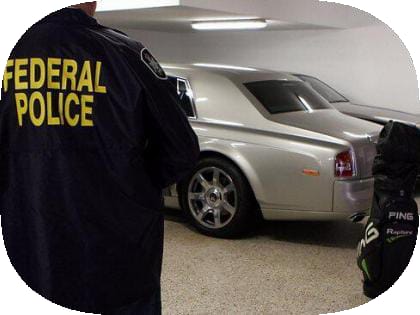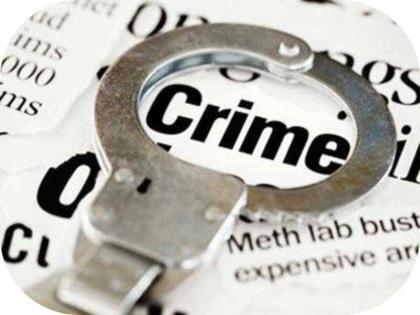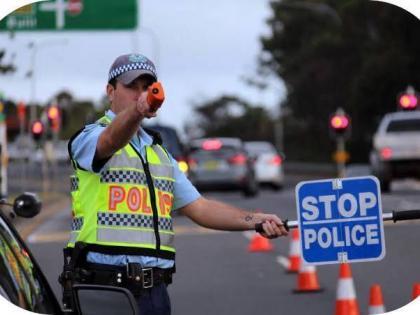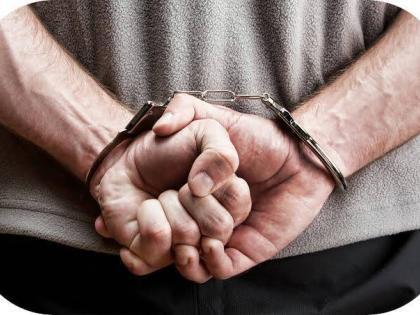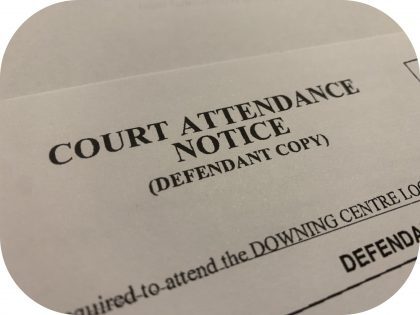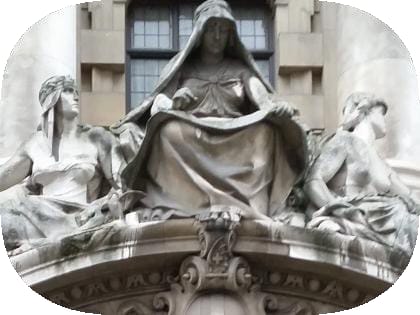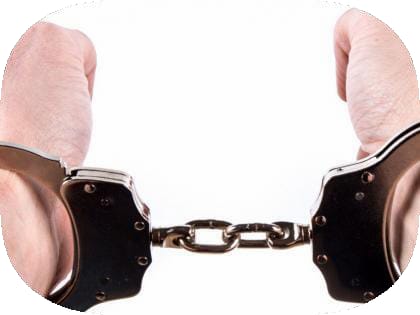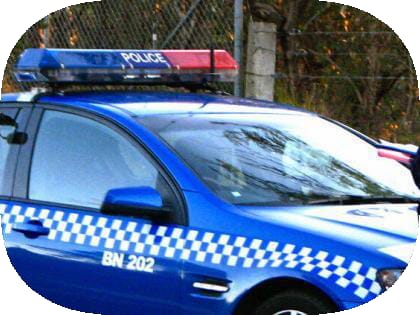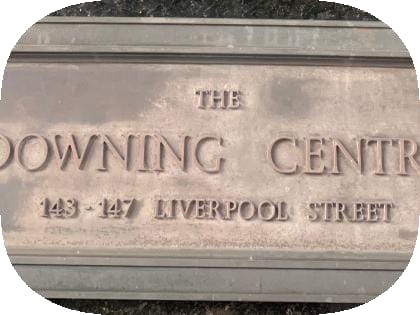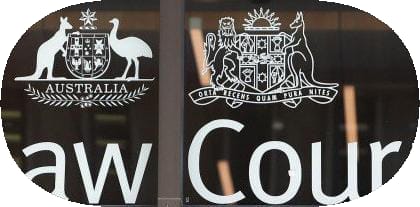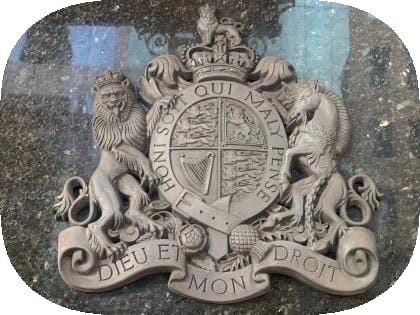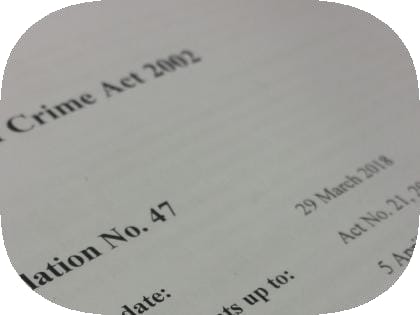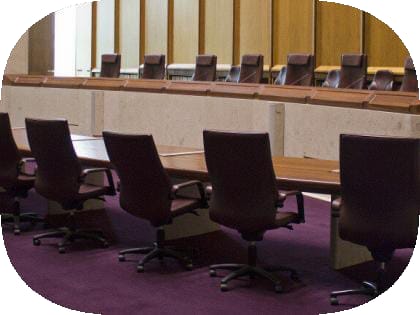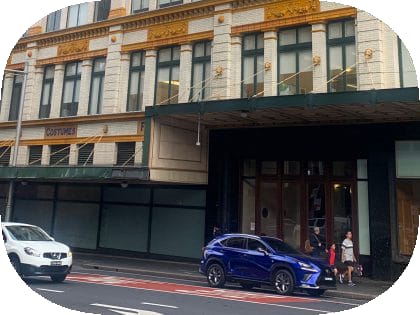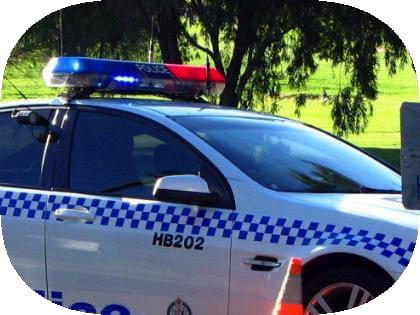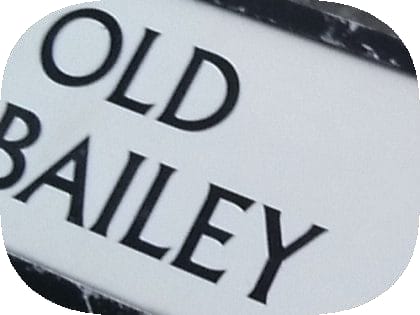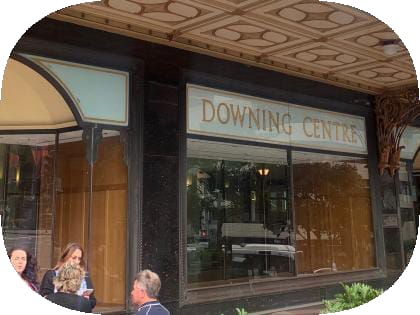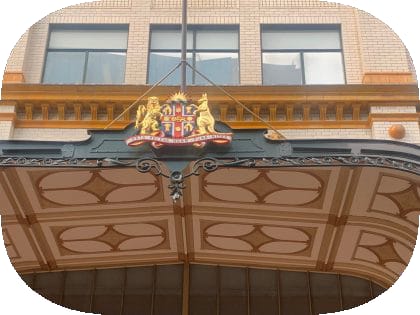What is a District Court Conviction Appeal?
0 CommentsIf you have been convicted in the Local Court and believe the decision was wrong, you may have the option to challenge it through a ‘District Court Conviction Appeal’.
What am I Appealing?
A conviction appeal is about challenging the finding of guilt made by the Local Court, rather than the sentence itself (although you can often appeal both simultaneously).
When you file a conviction appeal, you are essentially saying that you should not have been found guilty based on the evidence presented, or that errors during the trial affected the outcome.
How does the Appeal Process Work?
In a conviction appeal, the District Court will re-hear the case. This means they will review the evidence and may allow you to present new evidence that was not available during your original trial. The judge will look at the case from scratch to determine if the Local Court’s decision was fair and based on sufficient evidence.
What can the Judge do?
The District Court judge can then decide to:
• Overturn the conviction (acquitting you of the charge)
• Order a re-trial if there were procedural issues in the Local Court
• Uphold the conviction (if they believe the original decision was correct)
Why Might I want to Appeal?
There are many reasons you might believe a conviction is unfair.
Perhaps the evidence against you was weak, or key witnesses were not credible. There may have been errors in how the law was applied, or procedural issues (like evidence not being properly admitted or excluded).
A successful conviction appeal can result in the charge being dismissed, meaning no criminal record or penalties associated with it.
What about the Time Limits?
Conviction appeals need to be lodged within 28 days from the date of conviction in the Local Court. If you miss this deadline, you may apply for an extension of up to 3 months, but you’ll need to provide a valid reason for the delay.
Do I need a Lawyer?
While you can represent yourself in a conviction appeal, having a lawyer can be incredibly helpful. They can review the evidence, identify any procedural errors, and present strong arguments on your behalf. A lawyer’s insight can significantly strengthen your chances of success in overturning the conviction.
What Happens if I’m Successful?
If your conviction appeal is successful, the District Court may dismiss the charge, remove the conviction from your record, or order a new trial if appropriate. A favourable outcome can have substantial personal and professional benefits, as it can clear your record and relieve you from any penalties related to the conviction.
Conviction appeals give individuals the opportunity to challenge a Local Court finding of guilt when there are grounds to believe the decision was incorrect or unfair. If you feel your conviction was unjust, a District Court conviction appeal offers a critical second chance at justice.
About Post Author
* Information contained in this article is of a general nature only and should not be relied upon as concise legal advice.
Please contact for legal advice tailored to your situation. *
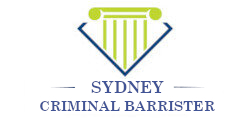

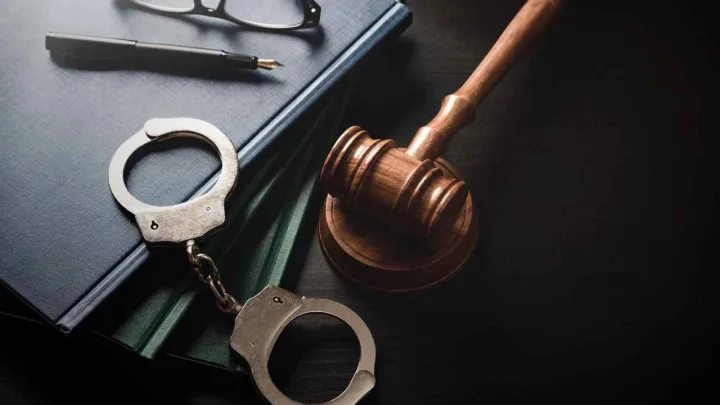
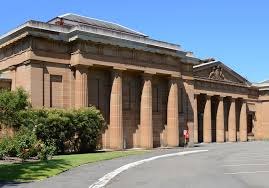
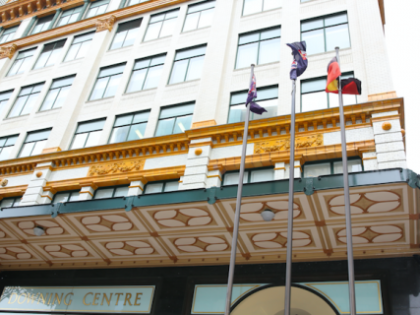
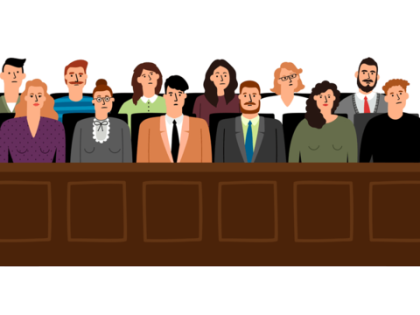
![Case review: Liberato v R [1985] HCA 66](https://walkercriminallawyer.com.au/wp-content/uploads/2024/10/jury-420x315.jpg)
![Case review: R v Mauger [2012] NSWCCA 51](https://walkercriminallawyer.com.au/wp-content/uploads/2024/10/conviction-1-420x269.webp)
